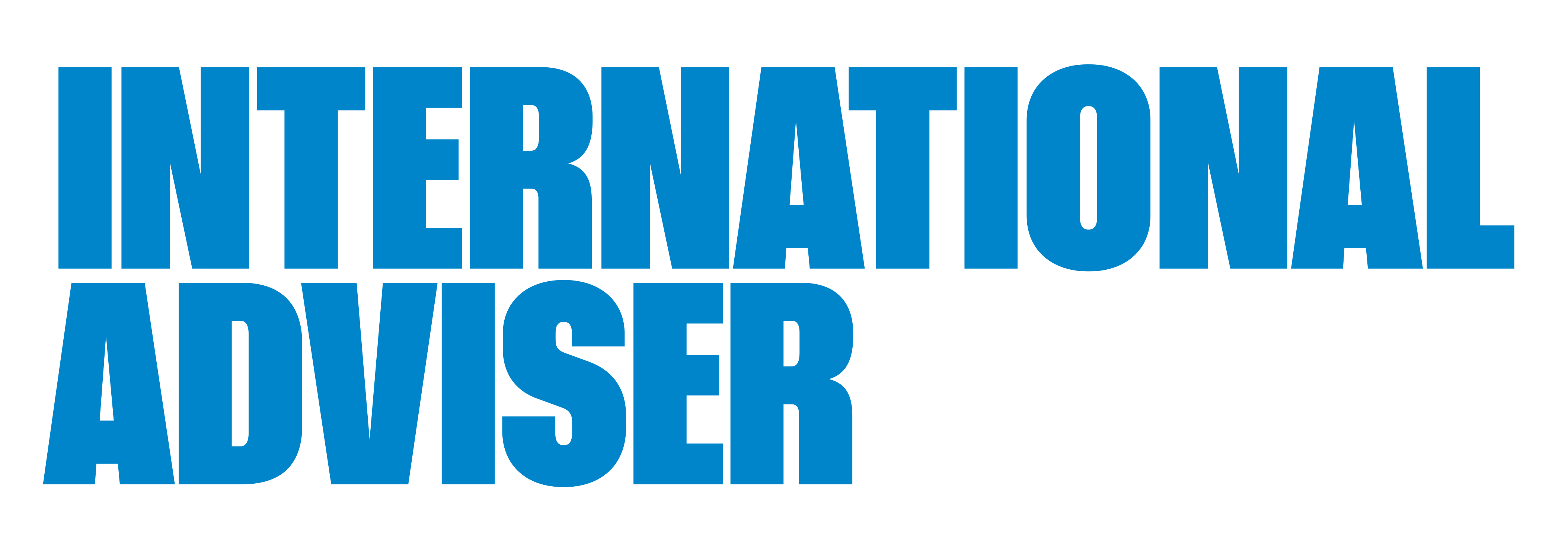“In 2017, Asian fixed income might give a better risk-adjusted reward than equities,” he told our sister publication Fund Selector Asia recently.
“For the next 12 months, we are holding a buy-on-dips strategy for Asian credits and on the equity side, we are more prepared to sell high and take profits.”
“The great rotation [from bonds to equities] should continue in the next few months, as investors are still relatively more positive on company earnings and inflation. The question is, especially for fixed income, whether growth in the US and globally will continue in the second half of the year,” he explained.
Among Asia bonds, Kwan prefers China.
“The spreads for Chinese company hard currency credits are still quite attractive compared to other Asian countries,” he explained. The demand also remains strong, as Chinese citizens want more dollar assets to diversify their yuan holdings.
He said it is possible that Chinese government bonds will be included in key global indices later this year.
However, in his view, the increasing allocation from central banks and sovereign wealth funds to this asset class will play a bigger part than the index inclusion.
“[Instiutional investors] are restricted to investments in large markets and China is the only big market besides Japan, Europe and the US where the yield is also attractive and the currency is relatively stable than the others.”
Renminbi, despite the concerns raised by some fund managers, has had a steady depreciation against the US dollar, but other currencies such as the euro and Japanese yen have been worse, he said.
The inflation factor
From a macro perspective, Kwan said that inflation is likely to stay high in the first half because it is coming from a low base, but he expects it to come down slightly afterward.
US dollar strength is also a factor in inflation. “For the US dollar to go higher, we’ll have to see stronger growth from the US, or from Europe and Japan, which I don’t believe is the case. I think growth will be relatively stable across different regions.”
Expectations for inflation and interest rate hikes are already priced into the market, he said.
HSBC Private Bank held a similar view, forecasting that the US Federal Reserve will only raise the interest rate twice this year, compared to three increases promised by the policy makers, due to concerns about debt and funding costs for the private sector.
Bank of Singapore also has a preference for bonds over equities as a tactical approach.
______________________________________________________________________________________
The chart below shows the one-year performance of the Harvest China Income Fund (launched in January 2016) and Harvest RMB Fixed Income Fund versus their respective sector categories, according to FE.









